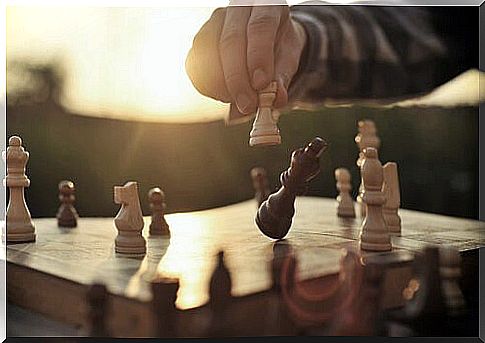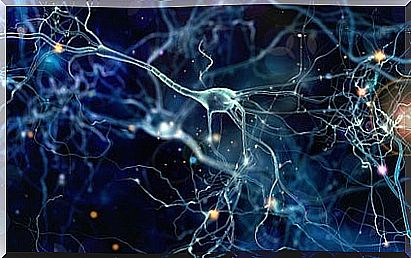Psychological Benefits Of Playing Chess

Did you know that there is an area in the brain linked to face recognition that is activated in chess experts when they play? Actually, it is the area that analyzes spatial relationships. Playing chess activates these zones because the game requires an understanding of the spatial relationships between the pieces.
In fact, it doesn’t matter if you are an experienced or casual gamer. The areas of the brain responsible for spatial relationships are activated in both. Although it has been proven that in expert players they are activated even with the only vision of the board and the pieces arranged in the starting position.
Curiosities aside, the benefits of playing chess are many and important. Next, we will talk about some of them, although science continues to investigate and there are probably many more. Let’s see them.
Dendrite growth
Dendrites are branched extensions of neurons. They are concerned with conducting neuronal signals from other neurons. What happens is that by stimulating their growth, the greater the capture and sending of the signals.
Learning to play chess and doing it regularly stimulates the growth of dendrites. This, in turn, increases the speed of neural communication. That is, it increases the level of processing and performance.

Exercises both hemispheres of the brain
The left hemisphere of the brain deals, among other things, with object recognition. The right hemisphere, for its part, would take care of pattern recognition during the game.
Playing chess, following its rules and the technique involved, forces the player to use both hemispheres. Therefore, regular practice helps develop both hemispheres.
Prevents Alzheimer’s
The Albert Einstein School of Medicine at Yeshiva University carried out a study whose results yielded very significant data regarding the usual practice of chess. By requiring a mental exercise activity, it prevents the brain from deteriorating.
Playing chess seems to significantly lower the risk of dementia and combat its symptoms as well. This seems to apply to disorders like depression and anxiety as well.
Helps treat schizophrenia
The Center for Cognitive Neuroscience in Bron in France established daily chess game programs for people with schizophrenia. This practice resulted in an improvement in their condition compared to patients who were left out of the game program. Specifically, they improved processes such as attention and reasoning.
Improve children’s thinking and problem-solving skills
It seems that children who start playing chess at an early age improve their problem-solving skills. Improvement was also seen in reading and their math scores.
After all, for a child, chess can be like a great puzzle to solve. It requires constant changes of strategy that must adapt to the movements of the opponent.
Build self confidence
Chess also has a great impact on self-esteem. Regardless of whether you win or lose, playing chess lends itself to analyzing the games and observing where you have gone wrong. This gives us a lot of information about ourselves.
Practice helps us improve as chess players, there comes a time when we really enjoy the game of strategy and we feel much more comfortable and confident. This greatly increases the level of mental toughness and self-confidence.
Strengthens planning and forecasting skills
Playing chess requires self-control and planning skills. These skills are developed in the prefrontal cortex, one of the areas of the brain that develops later.
Children and teenagers especially benefit from this strategy game because it helps them develop this part of the brain. It is an excellent method that will help you, as adults, in making decisions in many aspects of your life.

Playing chess during rehabilitation
People recovering from stroke or any other physically debilitating stroke can greatly benefit from regular practice of the game of chess.
Helps improve cognitive and motor skills. Also those of communication. Stimulates deep concentration and read helps fight anxiety.
A psychological duel
In reality, playing chess is a psychological duel that requires stamina, a will to win, tenacity, a readiness for combat, and a great deal of resilience.
If you do not play chess regularly, you may want to rethink it after knowing these data. Ready for the challenge?









